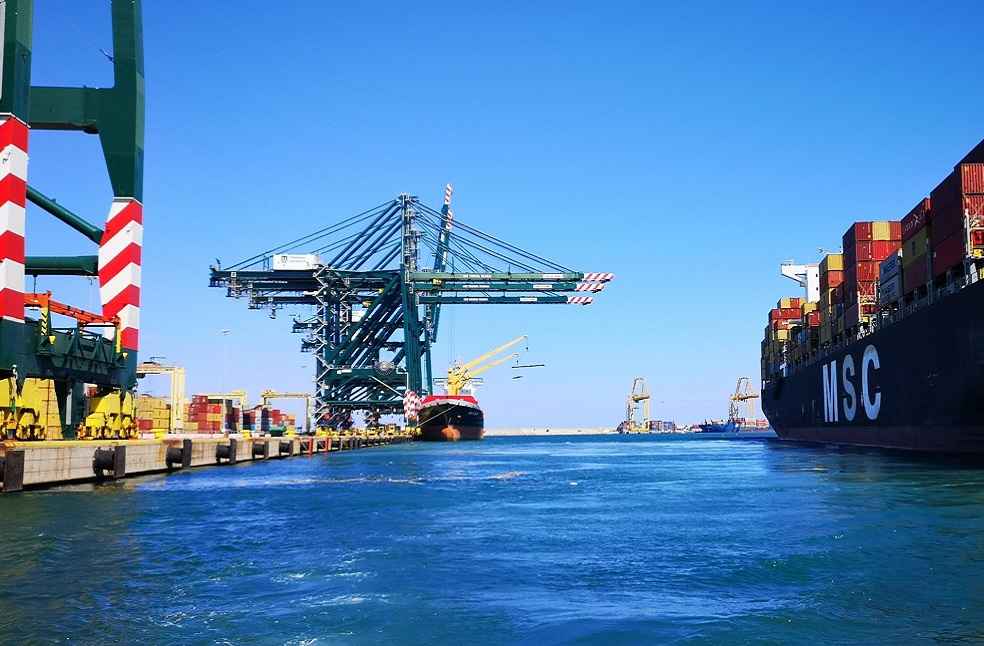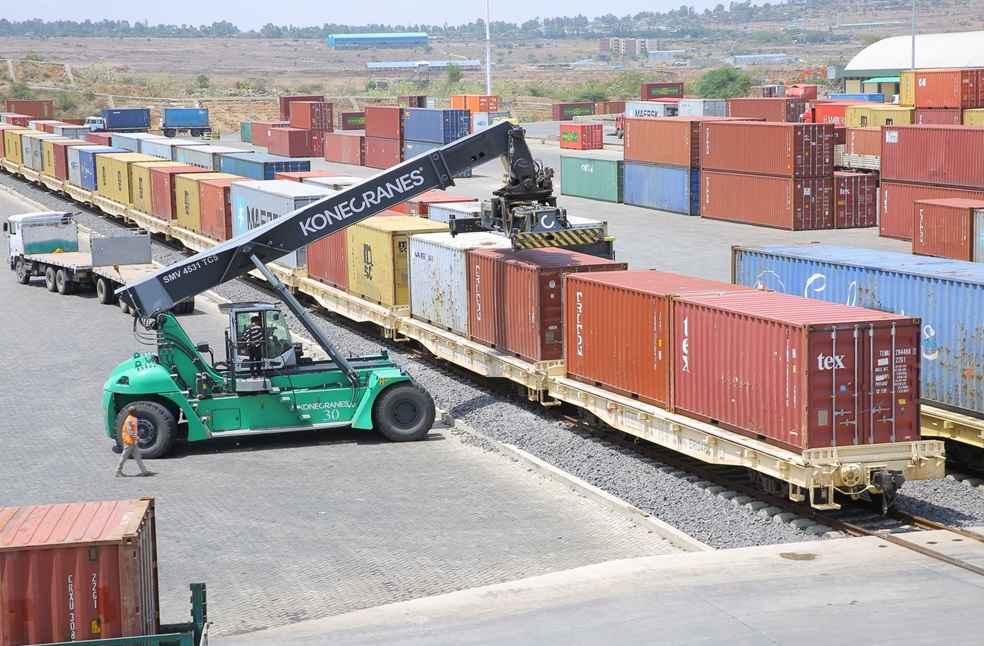Pakistan is moving to expand its trade footprint by launching new sea trade corridors aimed at the East African Community (EAC), a bloc of eight countries with a combined population exceeding 500 million and a collective GDP of around $345 billion.
According to State Bank of Pakistan (SBP) data, Pakistan’s total trade with Eastern Africa reached $1.30 billion during the first nine months of the current financial year (FY25), with exports standing at $617.12 million and imports at $688.20 million. Kenya emerged as Pakistan’s top trading partner within the region.
Federal Minister for Maritime Affairs Junaid Anwar Chaudhry announced on Saturday that new maritime trade corridors will be established to provide Pakistan’s industrialists, exporters, and investors direct access to the East African market. He emphasised that this strategic move aims to boost Pakistan’s export potential and contribute to broader economic growth.

The minister highlighted that the initiative would support growing bilateral trade relations, particularly in sectors such as agriculture, textiles, manufacturing, and technology, where East African economies are witnessing rapid development.
To drive the project forward, an inter-ministerial consortium will be formed, coordinating the efforts of relevant ministries and stakeholders across trade, finance, diplomacy, and technology sectors. This collaborative framework will be tasked with providing comprehensive support to Pakistani businesses seeking to enter East African markets.
Chaudhry detailed that the first phase of the plan involves establishing a direct shipping line connecting Karachi Port to Djibouti, a critical logistics hub for East Africa with access to ports in Somalia, Ethiopia, and neighbouring nations. He noted that this shipping route would substantially reduce transit times and costs, improving the competitiveness of Pakistani exports.

The second phase focuses on the full development of Gwadar Port as a long-term export hub geared towards African markets. Strategically located along the Arabian Sea, Gwadar is seen as a vital node in Pakistan’s future maritime trade network, offering direct links to both Africa and the Middle East.
The minister expressed confidence that the initiative would not only help Pakistan meet its targeted export goals but also deepen diplomatic and economic ties with East African nations. He underlined the strong demand in the region for Pakistani products, including textiles, agricultural goods, pharmaceuticals, and machinery.
Meanwhile, global trade uncertainty has intensified after U.S. President Donald Trump imposed sweeping tariffs on imports from around the world, including a 29% reciprocal tariff on Pakistan. Trump cited Pakistan’s 58% tariff rate on U.S. goods as the justification. In response, Pakistan announced plans to send a high-level delegation to the U.S. to promote trade relations and negotiate tariff terms.
POLICY & LAW | Uzbekistan to Eliminate Excise Tax on White Sugar Imports



